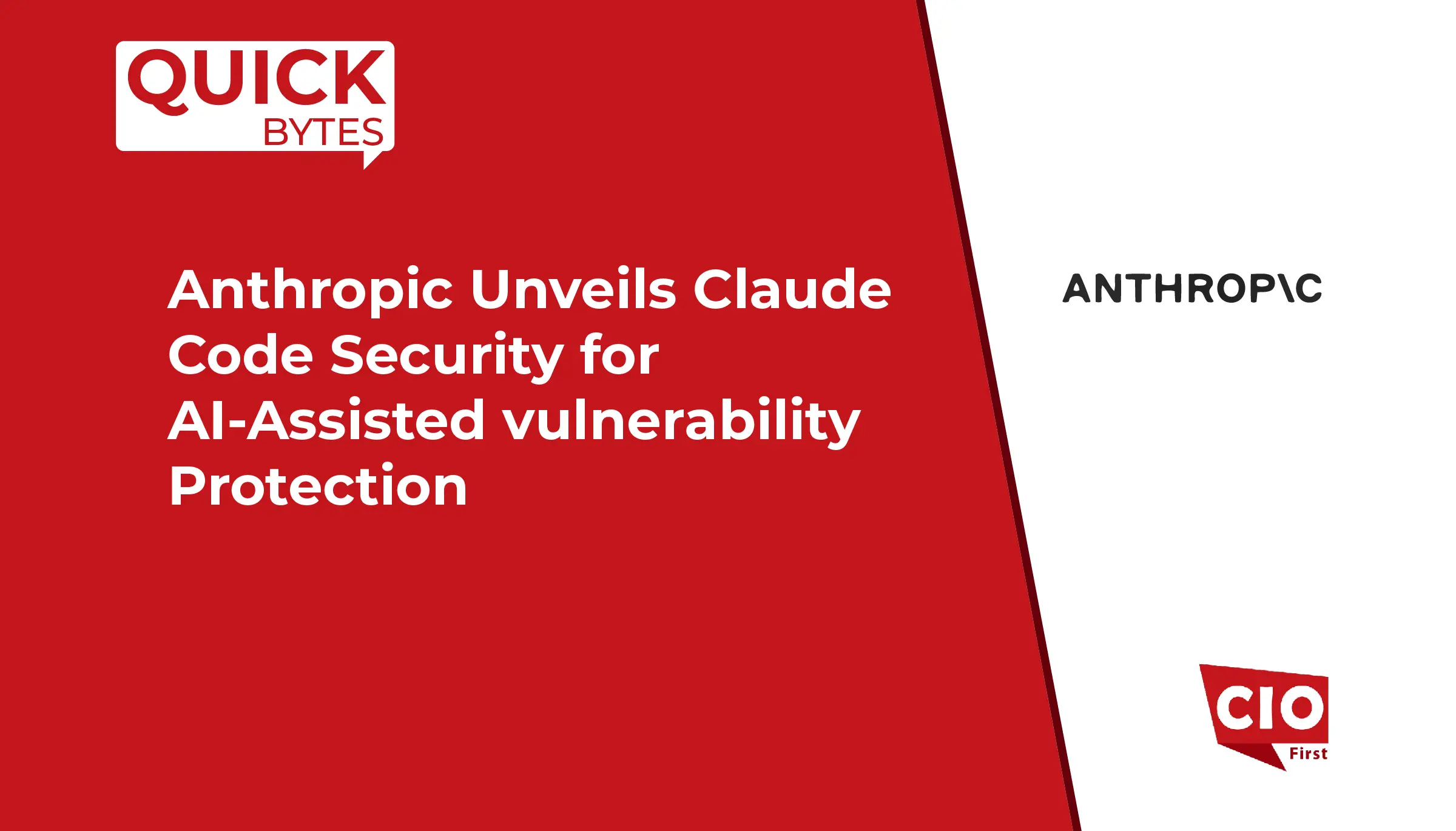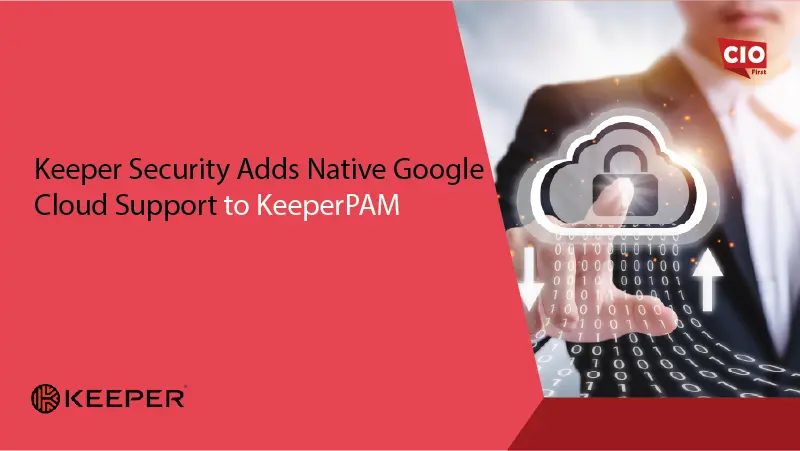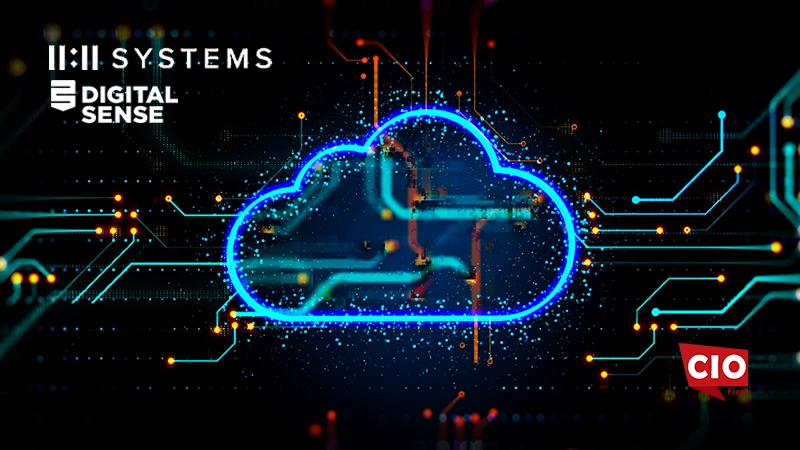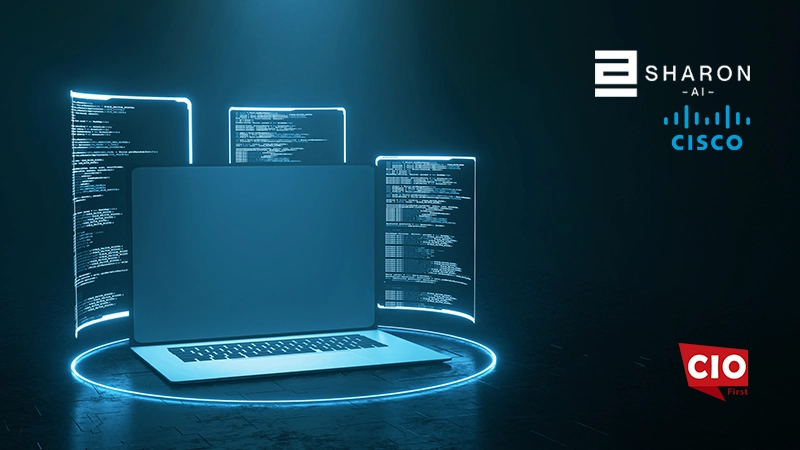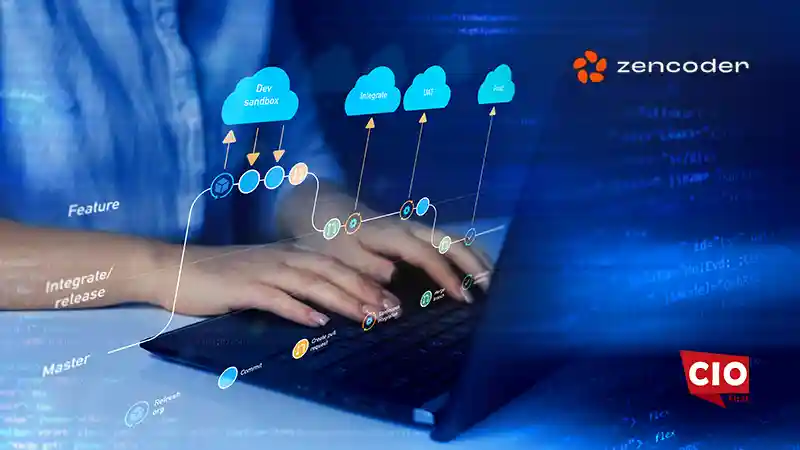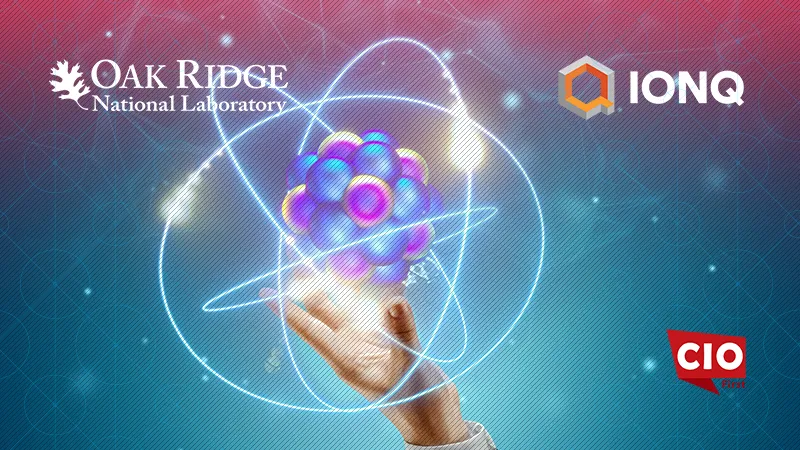Zencoder announces the launch of Autonomous Zen Agents for CI/CD, bringing groundbreaking AI automation directly into the software development infrastructure. This new capability enables AI agents to operate independently within CI/CD pipelines, autonomously responding to events, implementing changes, and submitting code through standard pull requests. The launch significantly expands Zencoder’s suite of developer tools beyond IDE-based assistance to infrastructure-level automation that works continuously, even when developers are offline.
Autonomous Agents: Beyond Reactive Assistance
Zen Agents for CI represent a fundamental shift in AI-assisted development. Unlike IDE-bound coding assistants that require manual prompting, these agents:
- Run within existing CI infrastructure, triggered by webhooks from issue trackers or code events
- Autonomously resolve issues, implement fixes, improve code quality, generate and run tests, and create documentation
- Submit their work through standard pull requests, maintaining full developer oversight
- Operate entirely within the customer’s trusted environments, not Zencoder’s servers
“The next evolution in AI-powered development isn’t just about coding faster – it’s about accelerating the whole software development lifecycle, where coding is just one step,” said Andrew Filev, CEO and Founder of Zencoder. “By bringing autonomous agents into CI/CD pipelines, we’re enabling teams to eliminate routine work and accelerate hand-offs, maintaining momentum 24/7, while keeping humans in control of what ultimately ships.”
Also Read: AKOOL Partners with AWS to Debut AI-Powered Avatars at AWS Summit India, Demonstrating full integration with AWS Bedrock LLM Generative AI Infrastructure
Real-World Applications That Deliver Immediate Value
Early adopters have already deployed Autonomous Zen Agents across multiple facets of the development lifecycle:
- Automated Bug Resolution: When issues are tagged in tracking systems, agents analyze root causes, develop fixes, and create pull requests without developer intervention
- Continuous Code Quality: Agents proactively identify technical debt, deprecated APIs, and opportunities for improvement, then implement solutions
- Enhanced Security Posture: Agents scan for vulnerabilities, and automatically propose patches for security issues
- Documentation Maintenance: When implementation changes, agents ensure documentation stays current by detecting discrepancies and submitting corrections
Oleg Yunin, Head of Engineering at TraceAir, shares his experience: “Zencoder has revolutionized how our team approaches routine development tasks. We’re enthusiastic about deploying Zen Agents to help teams understand our complex microservices architecture. Having autonomous agents that can analyze interdependencies, generate documentation, and even suggest improvements across service boundaries is a game-changer for our growing engineering department. New team members can get up to speed faster while the agents handle routine maintenance tasks.”
Secure by Design, Simple to Implement
Autonomous Zen Agents for CI/CD are built with enterprise security requirements in mind:
- Agents run within the customer’s CI environment
- All code changes follow standard review processes through pull requests
- Complete logging for agent activities
- Compatible with GitHub, GitLab, BitBucket, CircleCI, Jenkins and other major platforms
Implementation requires minimal setup, with most teams operational in under five minutes:
- Install the Zencoder CLI with a single command
- Configure authentication and webhook triggers
- Define task types for agent automation
The Future of Continuous Development
This launch follows Zencoder‘s recent introduction of the Zen Agents platform and open-source marketplace, which brought customizable, shareable AI agents to development teams. Autonomous CI/CD agents represent the next step in this evolution, moving AI assistance from manual-triggered IDE tools to infrastructure-level automation.
“Today’s release is just the beginning,” added Filev. “Our roadmap includes expanding the capabilities of these agents with web-based administration, multi-agent workflows, and analytics that demonstrate where AI is delivering the most value. We’re building toward a future where human creativity and AI automation work in perfect harmony across the entire software lifecycle.”
Source: PRNewswire







